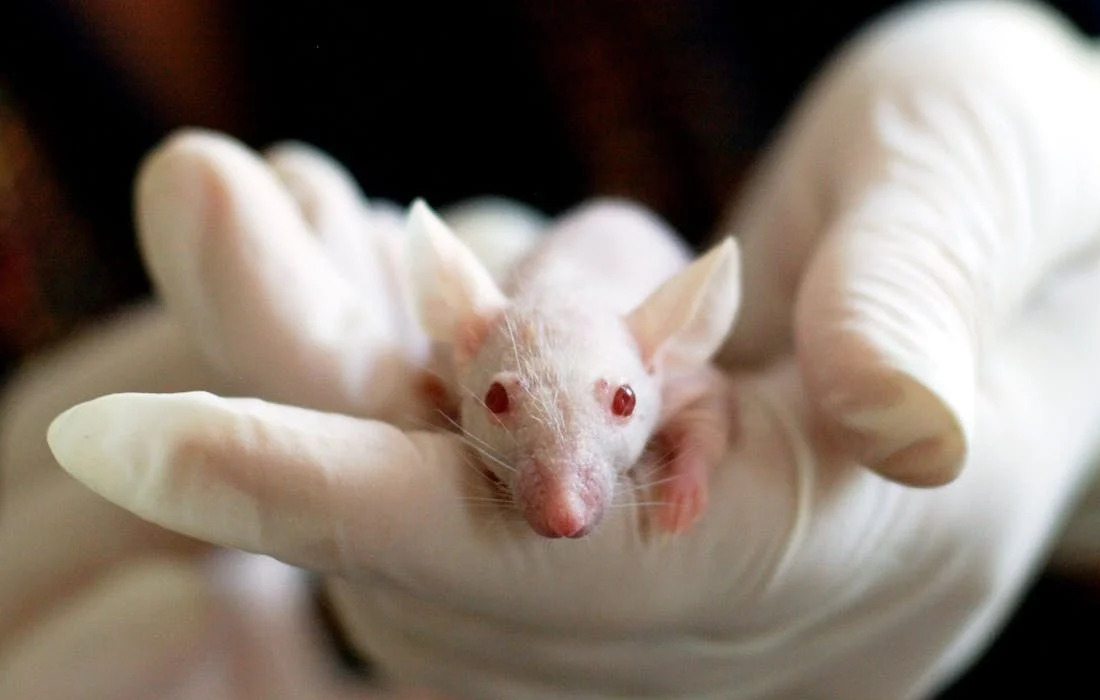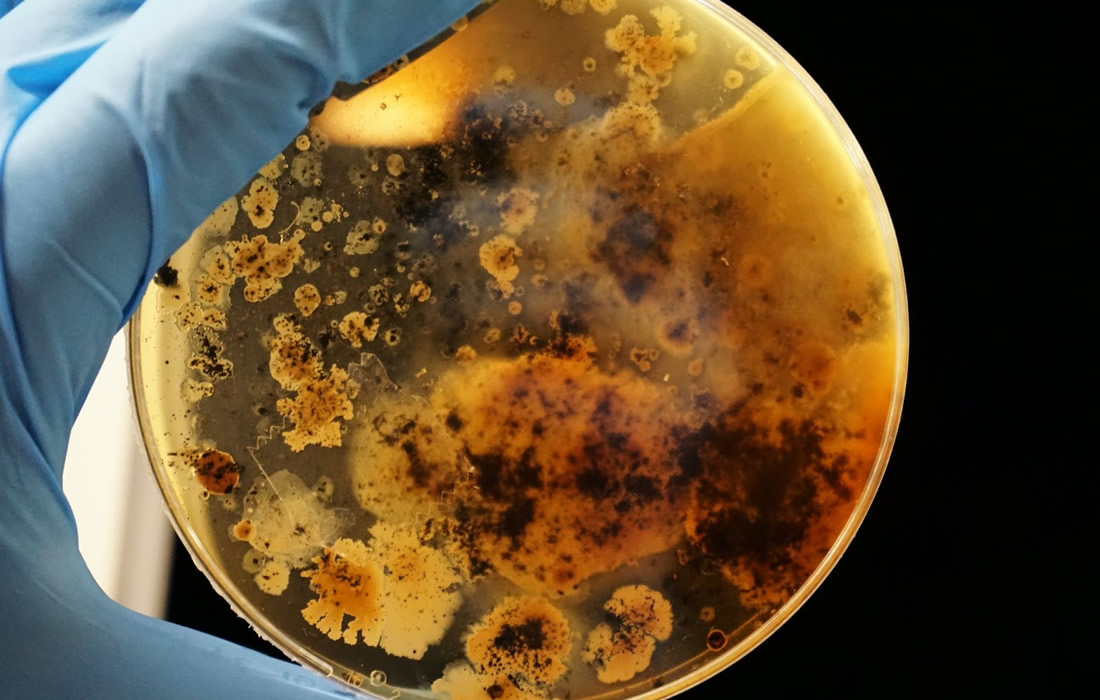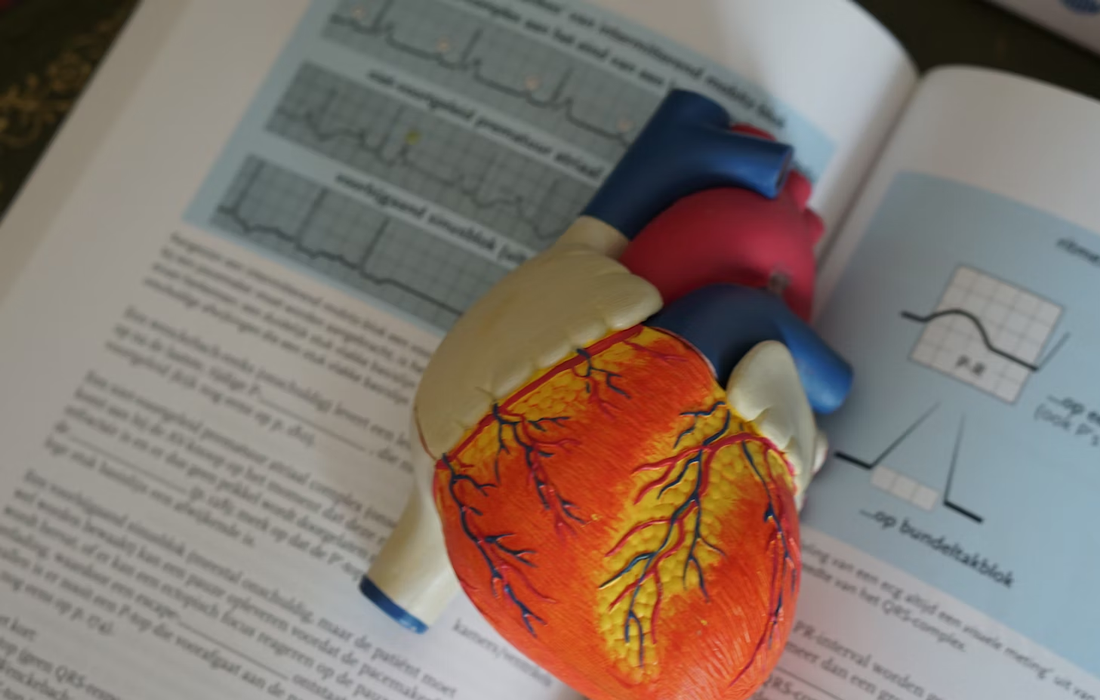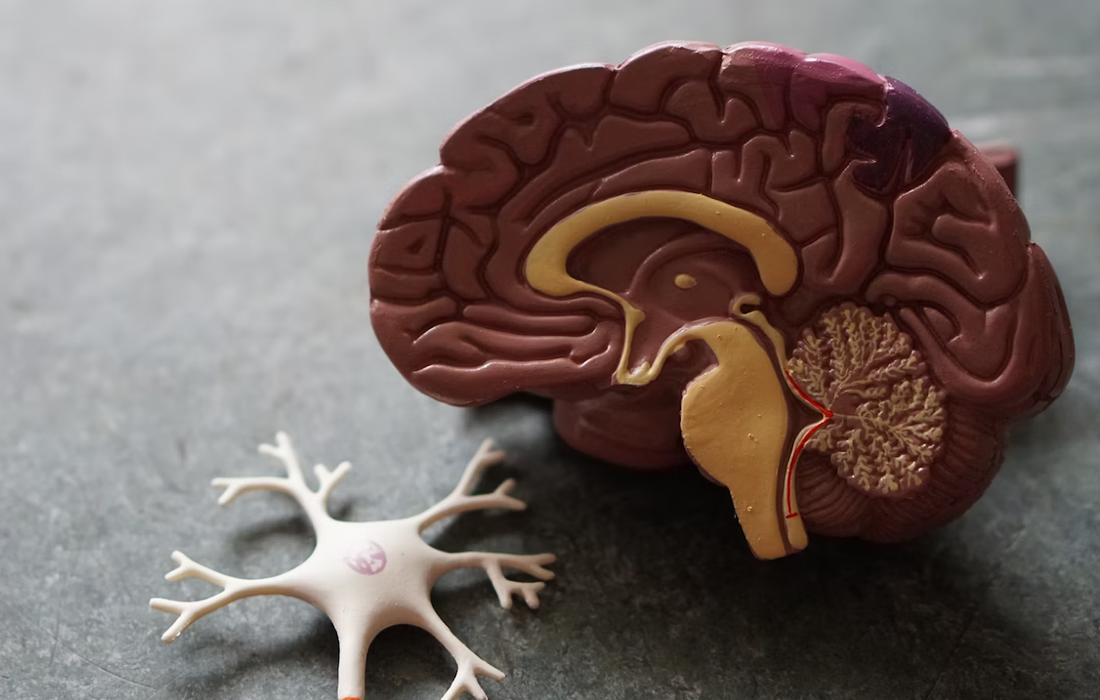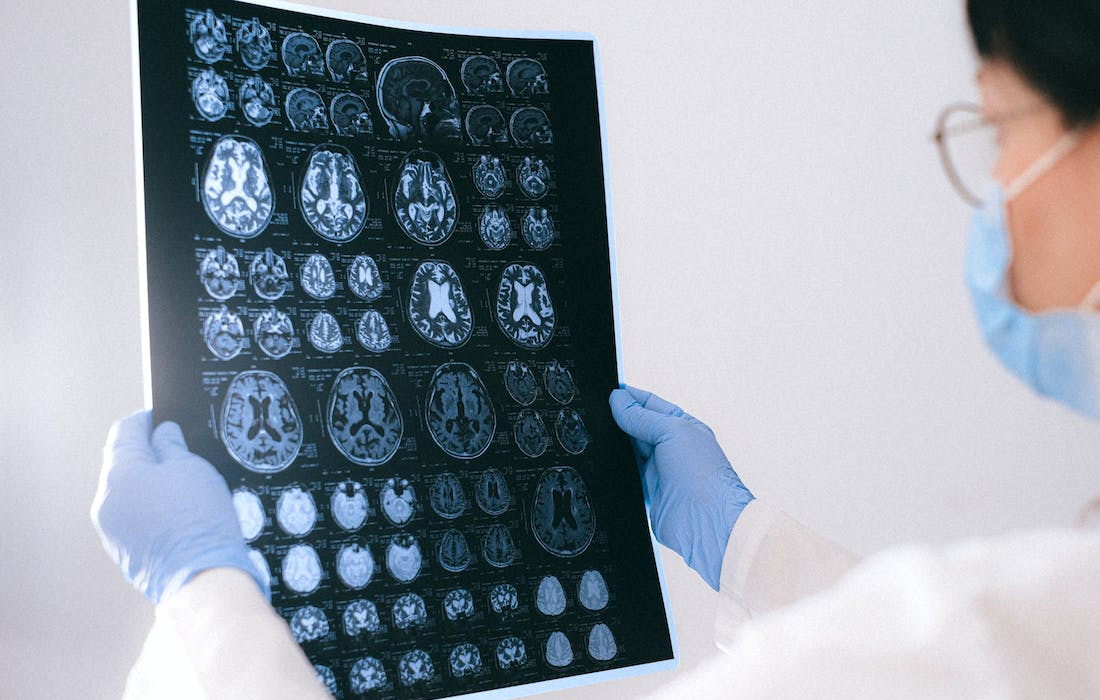Researchers at Kyushu University have discovered that turning brain immune cells into neurons successfully restores brain function after stroke-like injury in mice. These findings, published on October 10 in PNAS, suggest that replenishing neurons from immune cells could be a promising avenue for treating stroke in humans. Stroke, and other cerebrovascular diseases, occur when blood […]
Category Archives: Regenerative Medicine News and General Information
Atopic dermatitis is an inflammatory skin condition that affects up to 20% of children in developed countries. This chronic disease is characterized by dry, thickened and intensely itchy skin, particularly in skin folds. People with eczema are more susceptible to bacterial, viral and fungal skin infections and frequently develop additional allergic diseases such as asthma. […]
Synthetic biologists at Columbia Engineering report a new approach to attacking tumors. They have engineered tumor-colonizing bacteria (probiotics) to produce synthetic targets in tumors that direct CAR-T cells to destroy the newly highlighted cancer cells. “Our probiotic platform enables CAR-T cells to attack a broad range of tumor types,” said Tal Danino, who led the […]
A UCLA-led team has identified an essential internal control mechanism that can promote the maturation of human stem cell-derived heart muscle cells, offering a deeper understanding of how heart muscle cells develop from their immature fetal stage to their mature adult form. The findings, published in the peer-reviewed journal Circulation, could lead to new therapies […]
Adults with attention-deficit/hyperactivity disorder (ADHD) are nearly three times more likely to develop dementia than adults without ADHD, according to a Rutgers study. The study, coauthored by Michal Schnaider Beeri, director of the Herbert and Jacqueline Krieger Klein Alzheimer’s Research Center at Rutgers Brain Health Institute (BHI) was published in JAMA Network Open. It followed […]
Chronic infections of the hepatitis B virus (HBV) and hepatitis D virus (HDV) are major causes of severe liver damage and liver cancer. A vaccine against hepatitis B exists, but over 250 million people currently have chronic infections. The available treatment rarely leads to the complete disappearance of the infection, which means that the risk […]
Previous research has implicated fungi in chronic neurodegenerative conditions such as Alzheimer’s disease, but there is limited understanding of how these common microbes could be involved in the development of these conditions. Working with animal models, researchers at Baylor College of Medicine and collaborating institutions discovered how the fungus Candida albicans enters the brain, activates […]
Why do we dream? A product of our brain’s neurophysiology, dreaming is a complex experience that can take on many emotional tones and simulate reality to varying degrees. As a result, there is still no clear answer to this question. A study led by the universities of Geneva (UNIGE) and Toronto, and the Geneva University […]
A new, bio-inspired drug restores the effectiveness of immune cells in fighting cancer, a team led by researchers at The University of Texas at Austin has found. Many cancers delete a stretch of DNA called 9p21, which is the most common deletion across all cancers, occurring in 25%-50% of certain cancers such as melanoma, bladder […]
A good night’s sleep prepares us for the next day. Conversely, inadequate sleep diminishes performance in tasks requiring attention, memory, and executive functions that have real world consequences. ‘Readiness scores’ currently provided by consumer fitness and sleep trackers were designed to predict physical performance rather than how we would handle daily tasks and social interactions. […]

